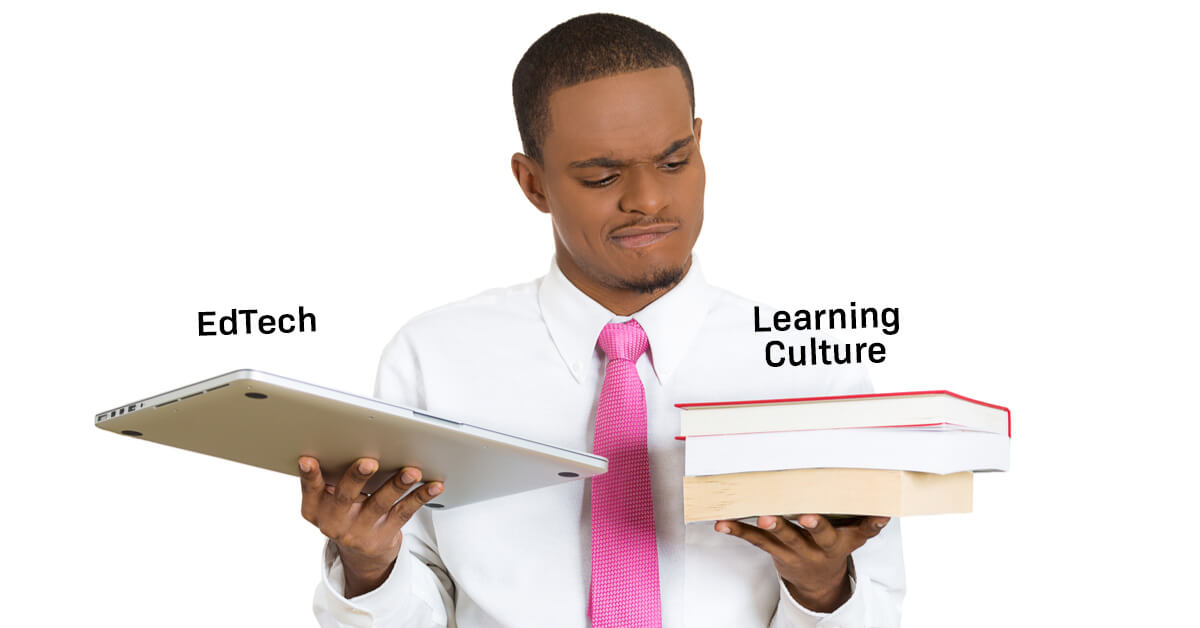In 2011, the school I have the privilege of leading was proud to announce it was to become the first BYOD school in New Zealand. I was approached by the school in 2012 to join them as an edTech expert. It became compulsory for Grade 7 students to bring a device with them and we would provide one where parents indicated financial difficulty. It was an exciting time for many schools (with the community funds to do so) around the world, whose early-adopting teachers (like me) started preaching how it was obvious that iPads and Apps would revolutionize education. But as predicted by Derek Muller (Veritasium) in his 2014 YouTube clip “This will Revolutionise education”, the revolution did not and will not arrive due to edTech. During the last decade, we have all witnessed teaching practices and student expectations in schools that essentially remain as they always were.
There’s no better example of the shift from tech-evangelism to the realization that edTech was no silver-bullet than the last decade of edTech conferences. After Texas educator Carl Hooker (TX) named his 2013 conference ‘iPadpalooza” he experienced this shift over the following 5 years from that initial excitement about…


